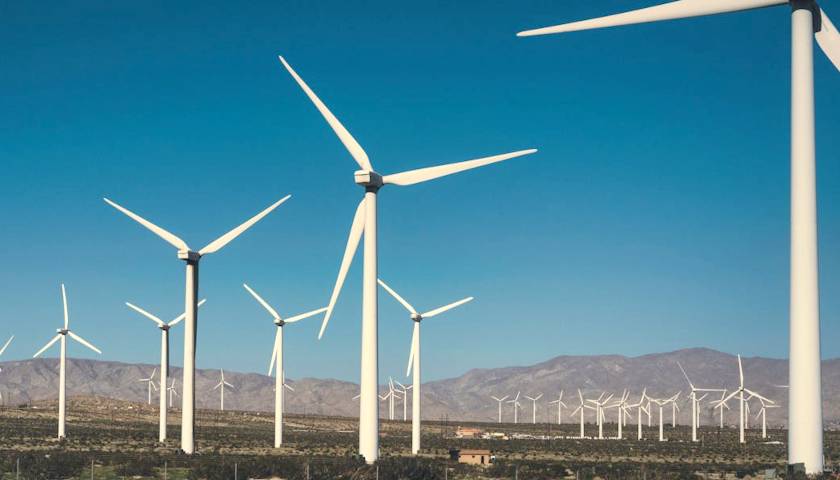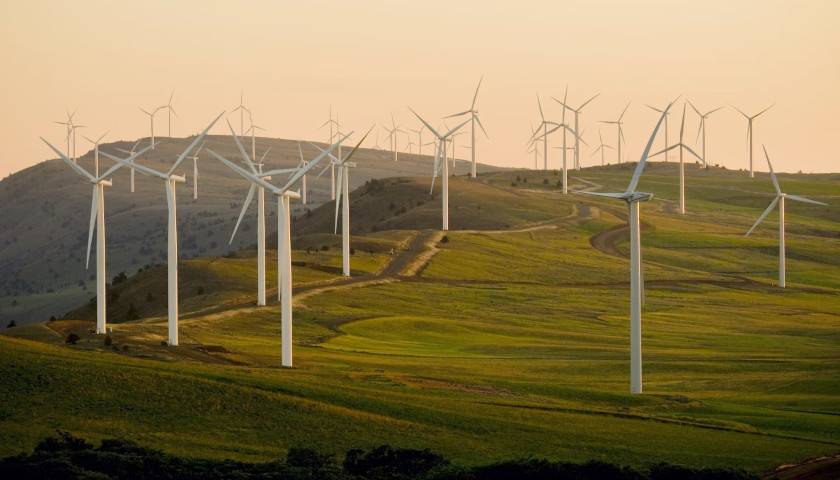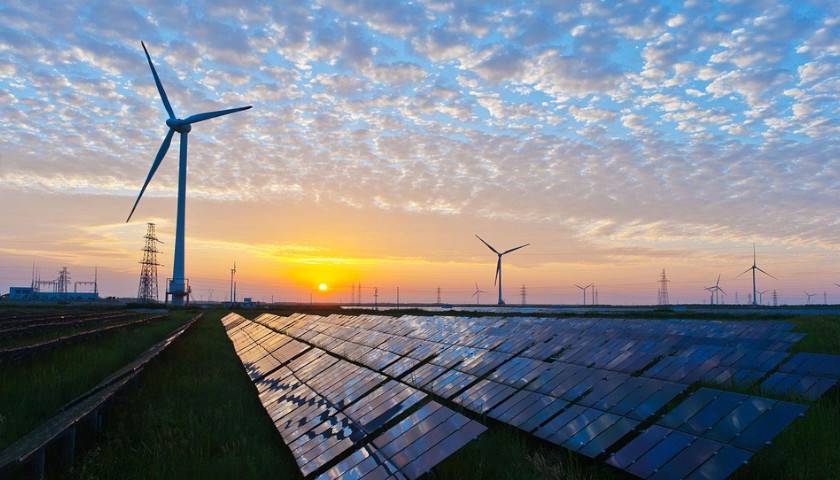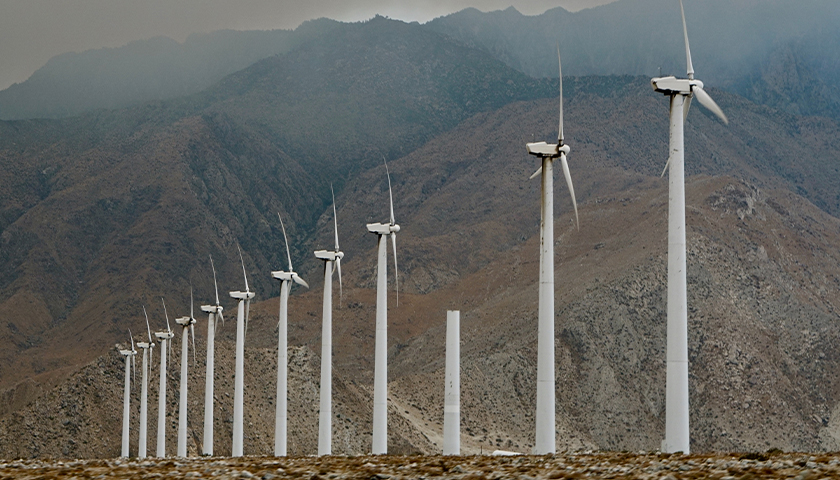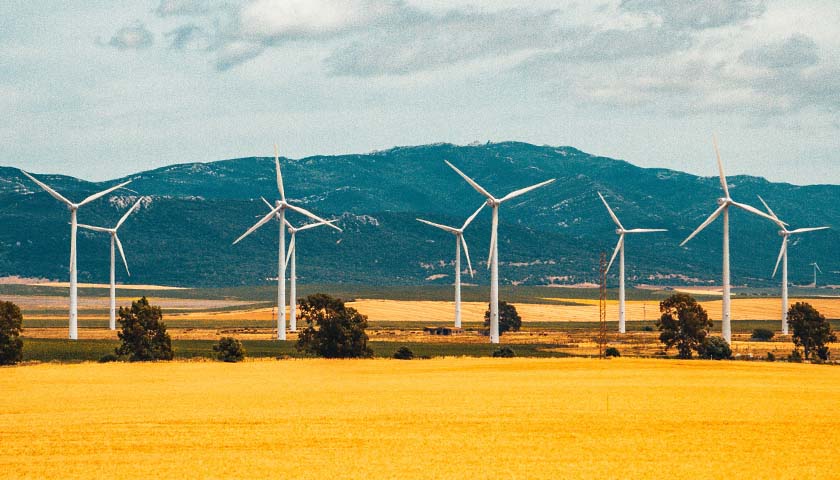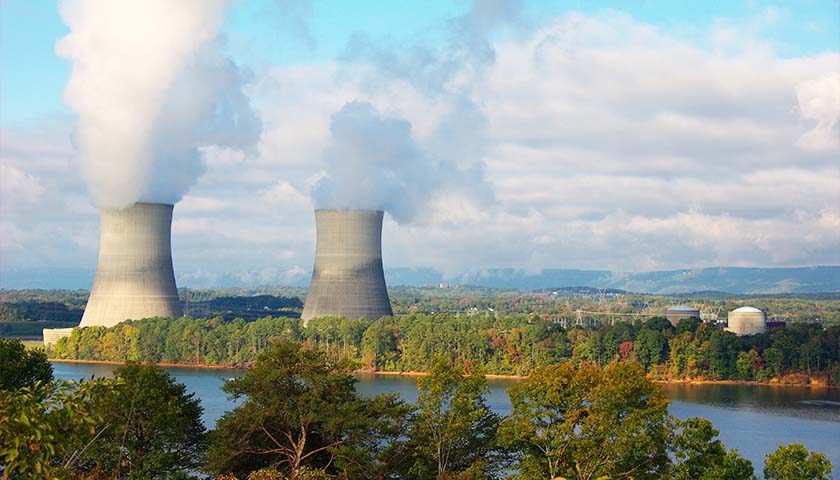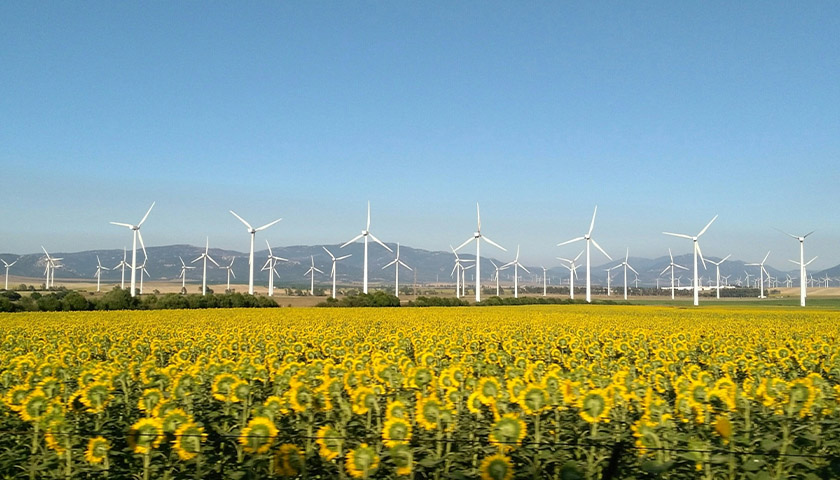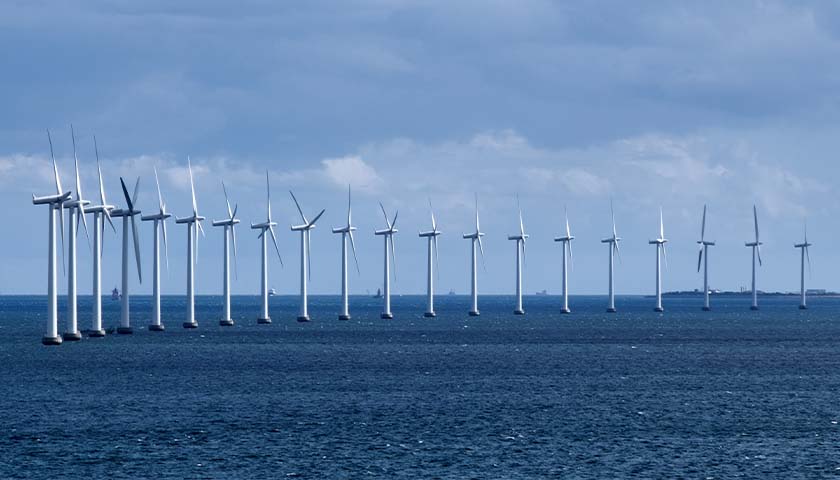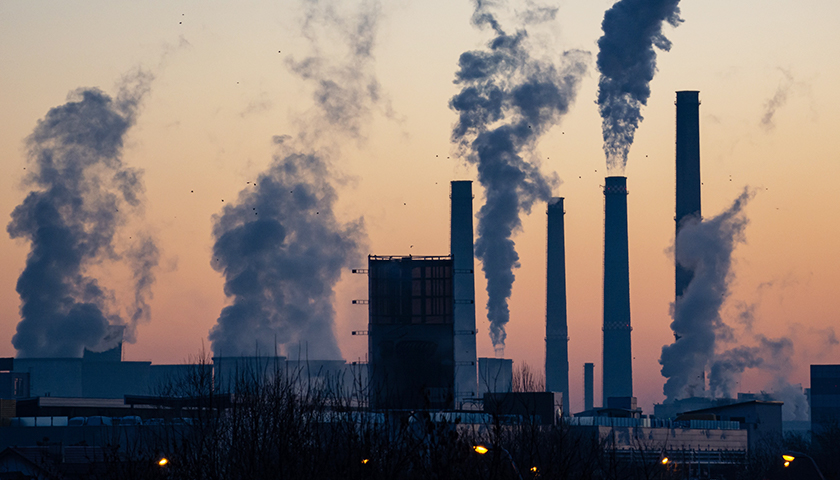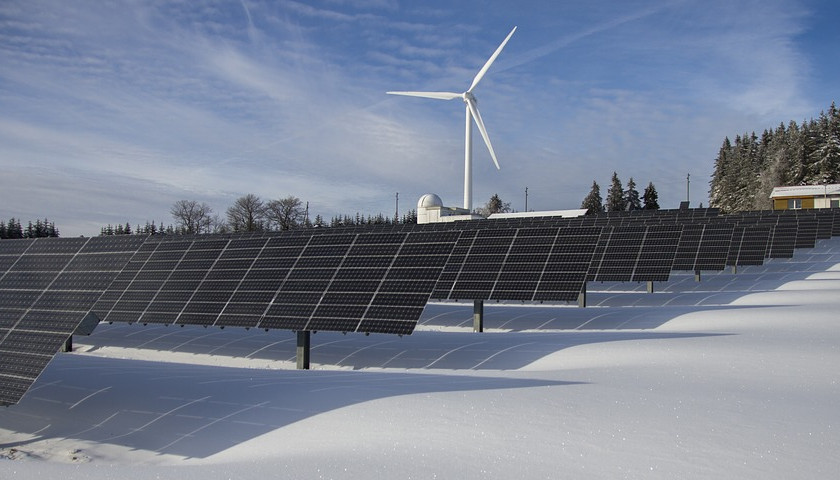Recent news in the energy world has not been encouraging. Prices are rising rapidly due to a supply crunch coupled with blistering, post-pandemic demand. Renewables like wind and solar are faltering in an unprepared electrical grid. Coal burning is set to spike to make up for energy supply shortfalls at a time when the world needs to aggressively decarbonize.
Some of this hardship might have been avoided if, over the past couple of decades, policy makers had the guts to support the safest, most reliable form of energy, which also happens to be carbon-free: nuclear. Instead, Germany is taking its nuclear fleet offline and replacing it with fossil fuels, as the country’s already exorbitant electricity prices soar. California is shutting down its last nuclear plant, further imperiling its notoriously fragile grid. All the while, Americans remain divided on nuclear power.
Again, the data is clear: despite nuclear’s damaged reputation, clouded by a few high-profile accidents, nuclear power kills fewer people per electricity produced than any other energy source. It is also the most reliable. Nuclear’s capacity factor, a measure of how often a power plant is producing energy at full capacity over a certain period of time, is the highest by far – almost double that of coal and more than triple that of solar. And nuclear is clean, producing no carbon emissions. Though its radioactive waste often attracts negative press, coal plants actually create more. Moreover, all of the waste that America’s nuclear power plants have collectively produced in a half-century could fit on one football field. This is because nuclear is incredibly efficient. In the U.S., just 55 nuclear power plants produce 20% of the country’s electricity! It takes nearly 2,000 natural gas plants to produce 40 percent.
Read More



